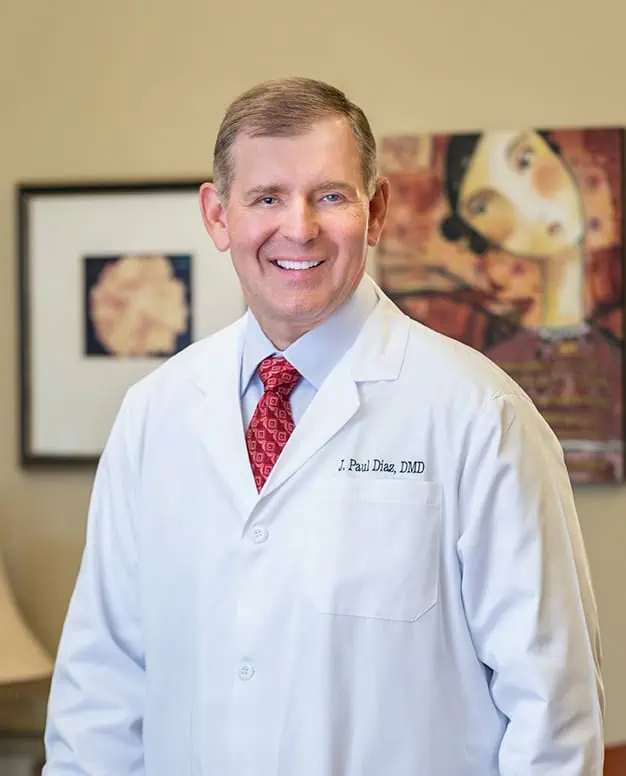How often do you wash your hands every day? Do you wonder if you’re washing them long enough, or with the right product?
I’d like to pass on a few tips about good hand washing. You can get your children started with good washing habits too! My suggestions come from the Centers for Disease Control (CDC). This is the agency that sets guidelines for dental offices, in addition to the ones set by the state of Alabama.
When Should You Wash?
First of all, when are the important times to wash your hands? Any time you’re around food, either cooking or eating. If you’re the cook, it’s good to wash before, during and after working with food. Any time you’re caring for someone with a cold, or with a cut or wound, or after sneezing and coughing. And of course, after using the toilet and after changing a diaper or helping a child in the bathroom. If in doubt, just wash!
How Clean is Clean?
Here are a few tips to make sure you’re washing enough to really clean your hands:
● Wet your hands with clean running water (warm or cold) and apply soap.
● Rub your hands together to make a lather and scrub them well; be sure to scrub the backs of your hands, between your fingers, and under your nails.
● Continue rubbing your hands for at least 20 seconds. Need a timer? Hum the “Happy Birthday” song from beginning to end twice.
● Rinse your hands well under running water.
● Dry your hands using a clean towel or air dryer.
Some sources claim that too much hand washing could lead to germs that become resistant to antibiotics. The CDC studied this in 2005 and found two things: 1) It doesn’t matter whether you use antibacterial or regular soap; they’re equally effective. 2) There’s no evidence that antibacterial soaps are creating any super germs!
Obviously, we wash our hands a lot at our dental office in Tuscaloosa. But we do much more to keep our office clean and sterile for our patients. We follow or exceed every regulation set for us by the CDC and by the state. If you’d like to know more about our sterilization and disinfecting techniques, just ask us at your next visit!

